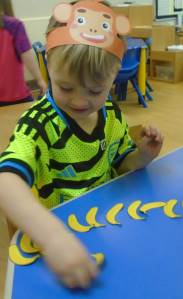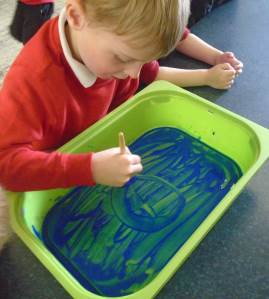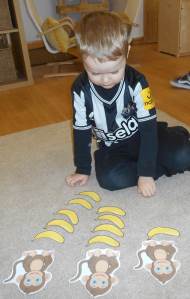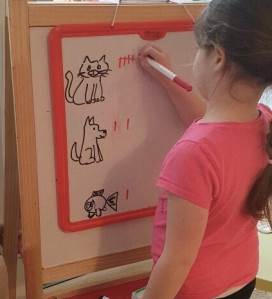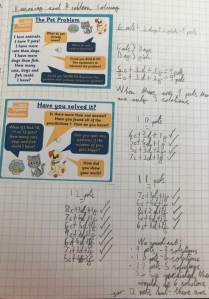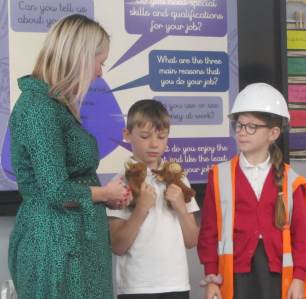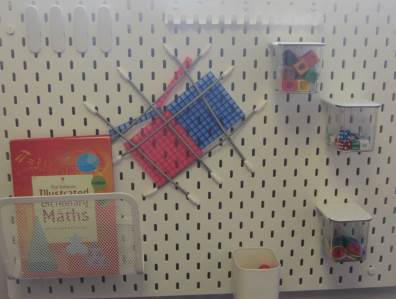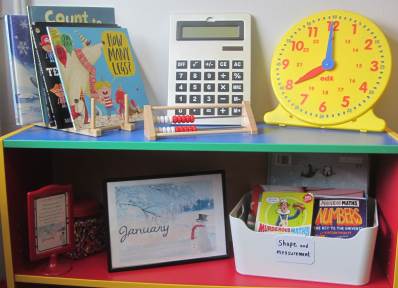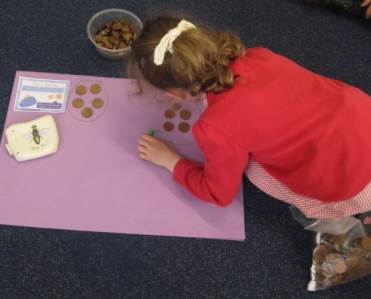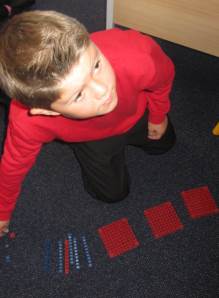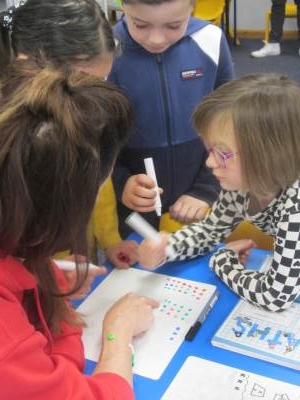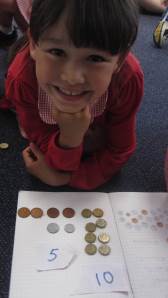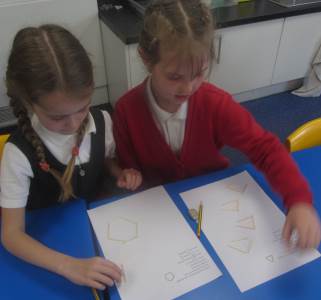Mathematics
'Without mathematics, there's nothing you can do. Everything around you is mathematics; everything around you is numbers.' Shakuntala Dev
At Biddick, we take a mastery approach to our teaching of mathematics. ‘Teaching for mastery’ describes ‘how’ we teach, rather than ‘what’ we teach. Our children progress through their learning together, their learning is broken into small steps, using concrete and visual representations. Lessons are focussed on developing mathematical fluency and providing opportunities for children to apply their thinking. Teachers in KS1 and KS2 use the White Rose Maths Scheme of Learning as a starting point for all lesson design, ensuring a coherent progression in Maths across all year groups, with ideas taught building on previous knowledge.
We want our children to enjoy maths, see themselves as mathematicians, not only making connections and applying skills within maths but also across the curriculum, from plotting coordinates in geography, to rounding to the nearest decade in history, from measuring in design technology and art, to collecting and representing data in science. We want our children to understand how widely maths is used and form a solid foundation to use their mathematical skills and knowledge in real life.
In a typical maths lesson, our children will:
- Recap previous learning
- Have time to think mathematically
- Be exposed to mathematical vocabulary
- Use mathematical talk to support and deepen their understanding
- Make mistakes and share misconceptions
- Access scaffolds to support their learning (Concrete, Pictorial and Abstract)
- Have the opportunity to practise (become fluent) and to reason and problem solve (apply)
- Hear and use stem sentences
- See their teacher model their own thought processes, break down problems and select strategies
- Use a working wall to support/celebrate their mathematics
- Be part of an I do, we do, you do approach
In addition to their ‘everyday’ maths lesson, children in KS1/KS2 complete; a Maths Memory Jogger (MMJ), a Daily Maths Meeting (DMM), children in EYFS and KS1 have access to maths in provision and all children have regular homework tasks to support retrieval practice, strengthen memory and improve their speed of recall.




